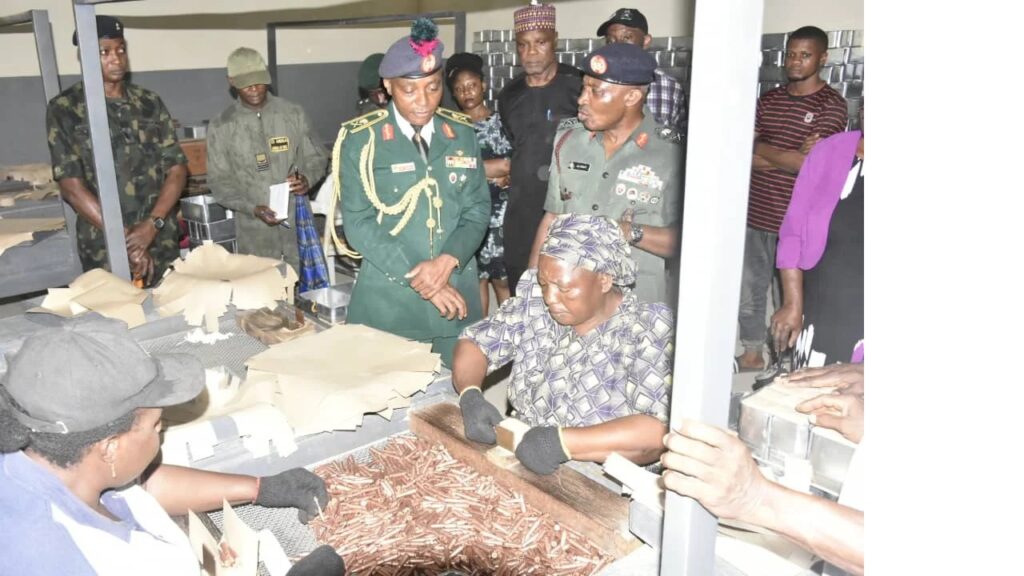The United Kingdom (UK) government has declared its commitment to support Nigeria in its inclusive digital economic agenda to promote the growth of technology ecosystem and close the digital divide in the country.
This move was made known, yesterday, when the Ministry of Communications and Digital Economy, the Nigerian Communications Commission (NCC) and the UK’s Digital Access Programme facilitated a ‘technical conference on digital inclusion for underserved/unserved communities and Persons Living with Disabilities (PLWDs)’
In his opening remarks, British Deputy High Commissioner to Nigeria in Lagos, Ben Llewellyn-Jones, said: “As our fight against the pandemic goes on, our focus is on supporting a sustainable and resilient recovery across Nigeria.
“Tech has the ability to help us tackle some of the greatest social challenges of our time.
“To drive this growth, Nigeria needs a combination of increased access to faster and better quality Internet connectivity infrastructure, an upskilled tech talent pool, a vibrant start-up ecosystem, access to investment and partnership opportunities both regionally and internationally.”
Also, Minister of Communications and Digital Economy, Dr. Isa Pantami, said the Federal Government’s priority was to develop strategy and policy to provide an enabling environment, which will support the private sector to bridge the digital divide.
Pantami said the Federal Government is supporting the growth of the sector, which contributed 14.70 per cent into the GDP in Q4 of 2020 and will continue to do so.
Executive Vice Chairman of the NCC, Prof. Umar Garba Danbatta, also thanked the UK Government’s Digital Access Programme in championing digital inclusion in Nigeria, saying: “Previously, there were about 200 clusters where there are digital access gaps, meaning that 40 million Nigerians do not have access to telecommunications or Internet services.”
Besides, FCDO’s Head of Digital Development and Global SRO of the Digital Access Programme, Alessandra Lustrati said: “This project provides empirical evidence to demonstrate that despite progress made, a huge digital gap exists between unserved and underserved communities and PLWDs, on one hand, and the rest of the society on the other hand but more importantly, it has also recommended possible solutions.”













